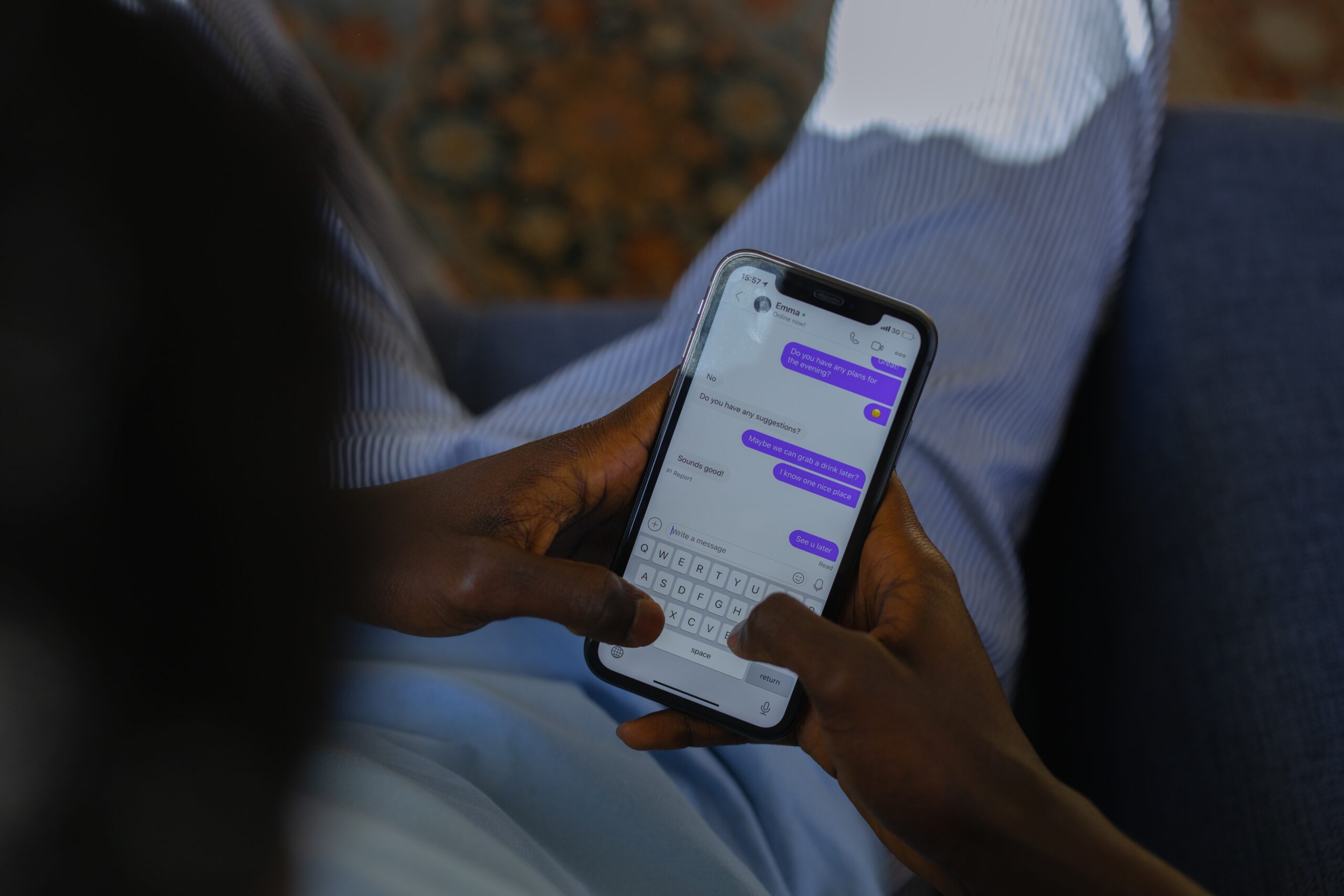PDA on Social Media: To Share or To Keep?

On our news feeds, we’ve all seen examples of online adoration. There are press reports about it. There is no end to the spectacle. Is this a good or negative thing?
Whenever I bring up the subject of online PDA with my single friends, the most typical replies are “It’s freaking obnoxious,” or “Who cares?”
Yes, some single individuals don’t like it, but is it the case for everyone? They may not be depressed because they don’t have a relationship, but rather because they compare their life to those of others and feel unsatisfied.

Almost all of my married and committed friends seemed to believe it was fine when I asked them about online affection. However, none of them appeared to be enthusiastic about it.
The level of social media PDA that can be seen on their feeds varies strangely, from minor *selfifies in a restaurant* to downright TMI *fights, kisses, birthing videos*. It’s a personal choice, right?
The fact that they don’t instantly encourage pushing for social media PDA is surprising to me, as individuals in relationships are usually rather open about what it takes to be a good partner. Even when it comes to matters involving children, their viewpoints are frequently geared toward improving the lives of others.
Social media's effect on relationships has yet to be fully understood.
Students at Albright College were asked about their reasons for blogging about their relationships on social media, how satisfied they were in their relationships, and what they thought about themselves as individuals.
Confidence in a romantic relationship.
Researchers identified a link between the level of self-assurance these individuals displayed online and their online relationship status, even though they claimed to be happy in their partnerships. According to the results, if these two split up, their happiness levels would plummet, much to the amusement of their loyal fans.

On the other side. According to the survey, people who were content in their relationships were more likely to post on their significant other’s wall. It may appear that these individuals are more self-assured in their communication styles, yet there appears to be a snag.
Elevated sense of well-being.
Psychologists found that neurotic people were more prone to brag about their romantic relationships than non-neurotic people. In addition, they were more likely to keep tabs on their spouse’s online habits. Both of these actions were credited with helping them keep their high levels of self-esteem. To say they’d be upset if you took that away from them is an understatement.
Oversharing on social media might harm your relationship as well.

Examples include arguing on your wall, exchanging thoughts in the comments section, and displaying photographs that make others feel uncomfortable.
Is Facebook becoming a bit much for you?
Conflict is more likely to arise in relationships where one or both partners spend a large amount of time on Facebook each day. People may see if a message has been read or if a user is engaged on Facebook by looking at these indicators. Keeping track of all that information would be a nightmare.
An excessive amount of talking.

A person was judged to be unlikable if they often posted on social media about their romantic connections. That’s something you don’t have to tell me because research has already been done.
Using these information, what can we take away from them?
A reasonable cause for concern even if you don’t identify with the people researchers encountered. You can’t strengthen your relationship with your partner, your friends, or even your family if you’re using social media for the wrong reasons.
In order to improve your social media habits, here are a few pointers to get you started.
1. Having a clear focus.
Your social media connection status should not be the focus of your self-esteem. Instead, you should work on your own concerns. You should not be judged solely on the basis of how others perceive you online.
2. The most crucial factor is what you want to post, rather than what others want to see.
Let go of the fear of not getting enough likes on social media and publish whatever you want. Post whatever makes you joyful and at ease.

3. Social media shouldn't be a tool of intimidation.
Spread happiness and love with it—seriously. People hiding behind computers have done far too much damage. Use the internet for the benefit of others, not yourself.
4. Don't share anything about it if it isn't a significant event, a hilarious tale, or otherwise noteworthy.
Anecdotes don’t include everything you and your partner say or do that’s amusing. Women are particularly culpable in this regard. In the absence of an actual disturbance, keep it to yourself, or at least to your actual talks!
Articles you might like: How To Send and Receive Texts Without Worrying, How to Feel Closer Than Ever on a Date Despite Social Distancing, The complete 10 modern-day dating guide for you!

